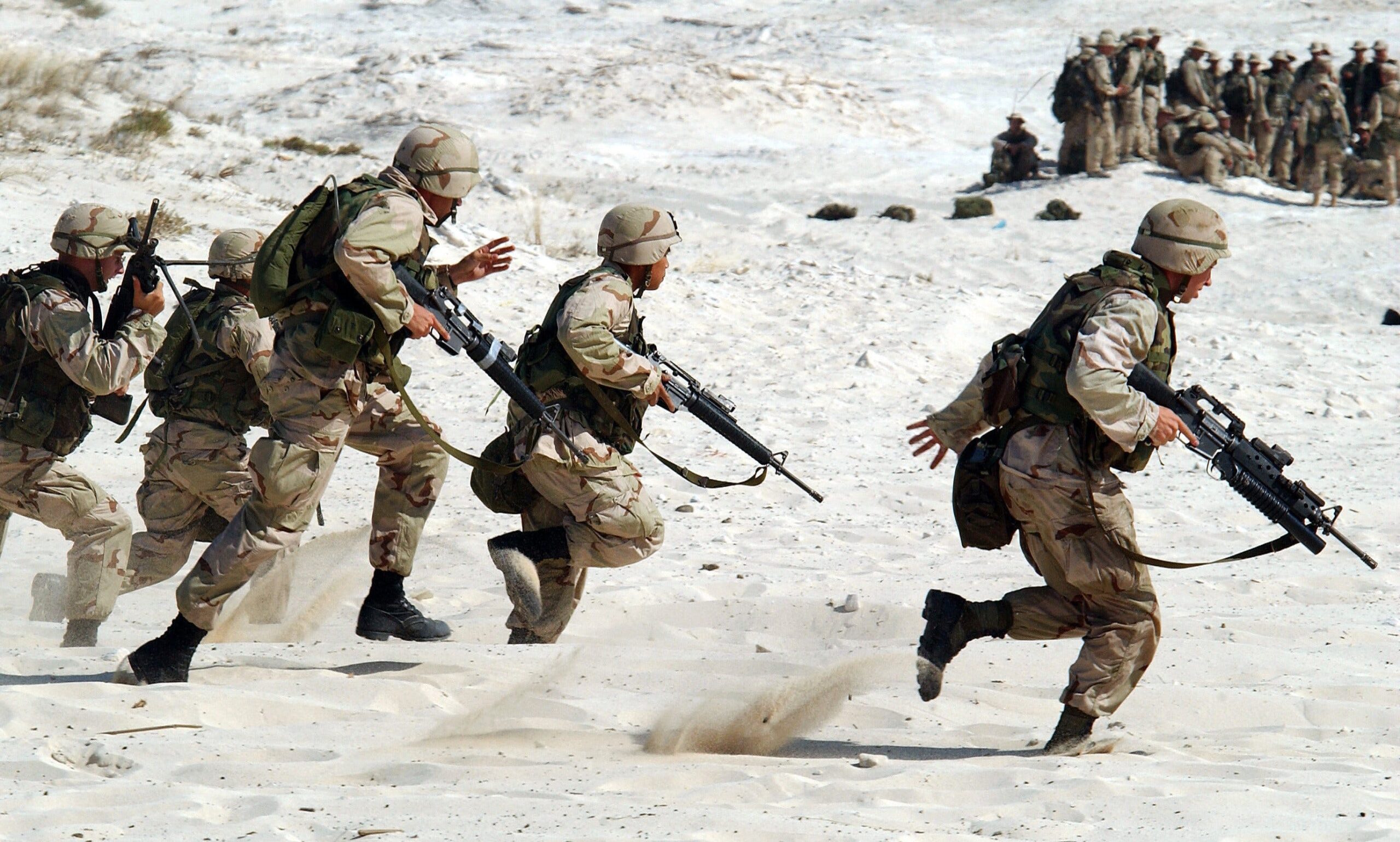Category: Japanese Politics 日本の政治
-

Changes of the world from COVID-19 / アフターコロナでどう変わる?
日本文が後ろに続きます。 COVID-19 is dreadfully spreading throughout the world, hospitalizing more than 3,100,000 people and taking the lives of more than 200,000 patients as of April 29, according to Johns Hopkins University. It is no exceptions here in Tokyo. The virus is forcing all people in the world to change their lifestyles. Many have been grounded…
-

Prelude to WWIII / 第三次世界大戦の序章
日本文が後ろに続きます。 The second year of the Reiwa period began with a nightmare. More precisely, at the beginning of the year, nobody could predict what would be going on just two months later. I am talking about what the entire world is fighting against—COVID-19. The coronavirus outbreak has been an urgent global issue. It was just…
-
Some requests on Japanese mobile phones / 総務省のSIMロック解除要請に寄せて
日本文が後ろに続きます。 I heard the news that the Ministry of Internal Affairs and Communications of Japan started discussing a policy to require mobile phone carriers to release SIM-lock-free handsets from the next generation. As is often written in some other entries of this blog, I have been dissatisfied with the current cellular phones in Japan because…
-
定額給付金
今日、郵便受けに届いてました。 人口多いのに、江東区、仕事早いな(笑)。 独り暮らしなので給付額は12000円だけど、ないよりはマシ。 さっそく給付申請することにします。 ま、ギガビットルータでも買って、うちのLAN環境を見直しますか。 #こないだうちのラップトップがHDDが起動しなくなって使えなくなったし、デスクトップPCのほうも動作が怪しいので、そのうちPCまわりの環境も整え直さないとな……。 で、江東区内の10%プレミアム付のクーポンが同封されていて、区内の取扱店で買い物をすると11000円の商品券が10000円で買えるというもの。 どうせなら区内でギガビットルータ買えば得できますね、ってそんな取扱店あるんだろか……。
-
紀元節に靖國神社を参拝
東京に住んで10年以上になるにもかかわらず未だ一度も靖國神社に参ったことがなかったので、紀元節の今日、思い切って行ってきました。
-
Election of Osaka Prefecture’s governor / 大阪府知事選
日本文が後ろに続きます。 Today people of Osaka Prefecture are voting a candidate of the governor of Osaka Prefecture. The candidates include Toru Hashimoto, an attorney, Sadatoshi Kumagai, an ex-professor of Osaka University, and Shoji Umeda, an attorney. Hashimoto seems to be of great advantage to others because he often appears on TV and is the most well-known…
-
CATVをデジタル化
うちのCATV(JCOM)をアナログからデジタルにアップグレードした。 特にこれといって動機があったわけではなかったのだが、地デジブームでもあるし、2011年にはアナログ放送が全廃されてすべてデジタル化されるということもあるので、時代を先取りという意味で、デジタル化してみた。 切り替え工事自体は特段難しいわけでもなく、業者の人が来てセットトップボックスを交換し、配線し直して初期設定するというだけで、ものの1時間で済む程度の作業。これで、チャンネル数もアナログ時代より格段に増え、海外の映画やニュース番組、そしてペイ・パー・ビューの番組なども見られるようになり、またCATV局~ユーザ間でのインタラクティブな操作も可能となって、非常に充実したテレビライフが送れるようになった。気に入った番組をどんどんDVDに落とし込んで、コレクションを充実させられる、と期待していたのだが、甘かった。 HDDレコーダーに録画した番組は、一世代しかコピーできないのである。
-
防災訓練
家の近所の小学校で、近隣住民を対象として"都市直下型地震発生"を想定した防災訓練があった。都会の町で地域住民を集めて催しをするのも珍しいのだが、近所の3つぐらいの町会が合同で主催して開いたらしい。区役所の職員や警察・消防を呼んで、防災に関する話を聞いたり、消火活動や救急のデモンストレーションを見たりするという趣旨だった。